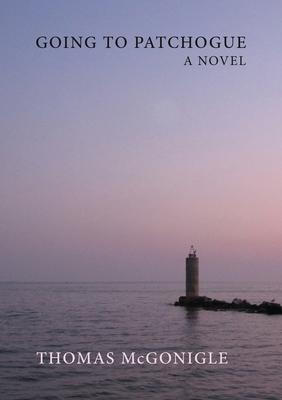In an era where the allure of distant lands and the promise of new experiences drive us to constant movement, Thomas McGonigle's critically-acclaimed Going to Patchogue brings forth a powerful counter-narrative. This is not just a travel book; it's an introspective dive into the essence of a place that most would overlook, and a man's attempt to reconcile with his past. Patchogue, a seemingly unremarkable village on Long Island 60 miles from New York City, a passby place for the crowds going to the fashionable Hamptons, becomes the epicenter of a profound exploration of memory, loss, and the complex tapestry of human emotion.
The novel unfolds through a seamless blend of reality and fiction, propelled by a raw and unflinching stream-of-consciousness technique that echoes the likes of Cline. As the narrator embarks on a journey to and from Patchogue by way of Bulgaria, Turkey, and Italy, readers are invited to transcend the literal sense of travel. Instead, we embark on a quest for paradise, driven by the disillusionment with reality and a deep yearning to find meaning in the ashes of experienced life.
